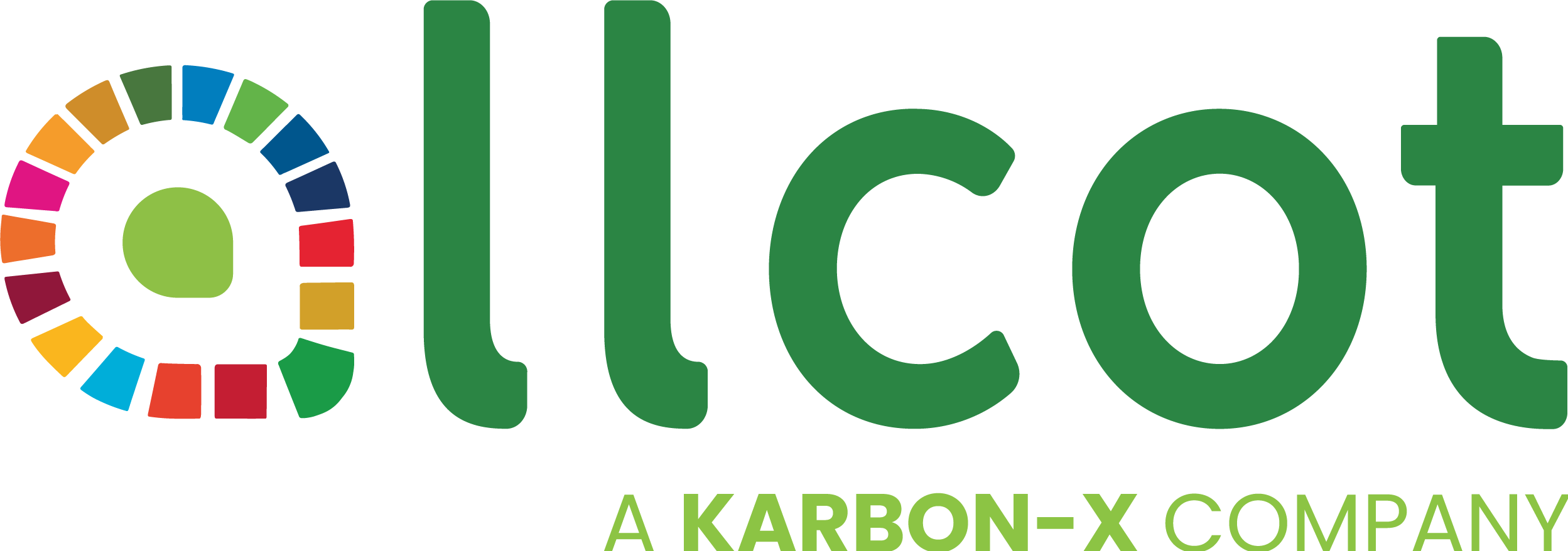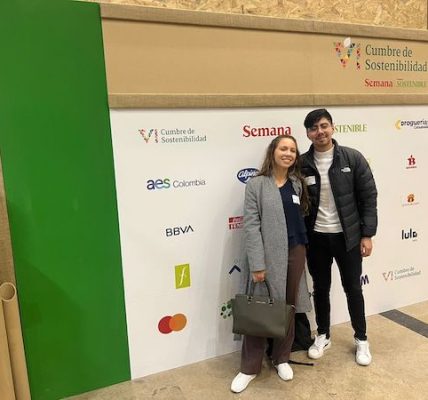Securing Article 6 Implementation as a High-Integrity Tool to Drive Climate Action Over Perfection
ALLCOT’s Expectations for COP29 by Sergi Cuadrat, Vice President of Climate Action.
As the global community anticipates COP29 in Baku, Azerbaijan, from 11–22 November, expectations are high for decisive progress on climate finance, carbon markets, and enhanced commitments. As a key precursor to COP30 in Brazil, COP29 is set to attract nearly 50,000 participants from governments, businesses, and civil society, spotlighting critical issues like the new climate finance target, Article 6 operationalization, and robust NDCs. ALLCOT stands ready to engage, particularly in advancing Article 6 as a trusted framework for carbon markets. With this summit, COP29 offers a unique opportunity to reinforce equitable climate action, facilitating impactful finance flows to developing nations while setting a foundation for meaningful, measurable outcomes.
Here, ALLCOT outlines key opportunities for global businesses to align their strategies with these core COP29 goals:
1. Setting an Ambitious and Fair Climate Finance Goal: The New Collective Quantified Goal (NCQG)
The NCQG for climate finance is expected to be one of COP29’s defining outcomes, targeting a major increase in funds for climate adaptation and mitigation efforts in developing countries. This goal, dubbed the “Finance COP” priority, aims to replace the original commitment of USD100 billion annually, a target developed countries reached belatedly, resulting in trust deficits and criticism over the predominance of loan-based finance. At COP29, developed and developing nations will debate the scale, contributors, and structure of the new climate finance goal, with some estimates suggesting up to USD2.4 trillion is needed annually by 2030 for effective global mitigation.
To achieve the NCQG, discussions will focus on mobilizing private finance alongside public commitments. Signals recognizing the essential role of institutional investors, multilateral development banks, and private sector actors would not only unlock critical private finance but also demonstrate commitment to global equity in climate action. Proposals for the Climate Finance Action Fund (CFAF), led by fossil fuel-producing nations, could serve as an innovative mechanism, offering grant-based and concessional funding. Success, however, will hinge on ongoing contributions and transparency in ensuring fossil fuel revenues contribute to substantial climate mitigation efforts.
2. Operationalizing Article 6: Driving High-Integrity Carbon Markets
Among the priority areas expected at COP29 will be the development of operational approaches under Article 6 of the Paris Agreement, ie, Articles 6.2 and 6.4, which enable carbon trading among countries and raise ambition in their actions to tackle the climate crisis. Authorizations by host country, this is one of the important topics. The reason being that markets, such as CORSIA, operate under authorization by a host country; in such a way, double counting would be avoided. VCM is at that juncture in life where purchasing carbon that must not be double-counted, according to the ICVCM’s CCPs, and Article 6 promises more clarity to help it. COP29 needs to take up the issue of voluntary credit quality, meeting the commitment for high integrity projects that provide verified climate benefits from ALLCOT.
ALLCOT encourages COP29 to convey the message of rigorous methodologies, better MRV, and transparency standards for all Article 6 mechanisms. Our projects, from REDD+ conservation and blue carbon to waste management or clean energy, have stood for our commitment to sound environmental and social standards. We must hope for COP29, estimating this will deliver resultant in making all carbon credits both at the compliance and voluntary markets genuinely backed up with reductions.
a. Improving Article 6.2: Bilateral and Multilateral Agreements
Article 6.2 enables countries to trade Internationally Transferable Mitigation Outcomes (ITMOs) through bilateral and multilateral agreements, proving promising for early carbon credit transfers. At COP29, ALLCOT would expect further refinements to be nailed down to guarantee the safety of the ITMO transactions, especially in what concerns reporting and verification. No less than 25 letters of authorization are supporting various Article 6.2 bilateral structures today, which is a true token of its functional maturity and rising place in the global carbon economy. With increasing countries setting up such agreements, standardized quality assurance, clear reporting guidelines, and full transparency about ITMOs will also become increasingly necessary.
These refinements shall address the operational issues raised by the early adopters—for instance, Switzerland and Thailand—that completed their first ITMO exchange in 2024. More transparent use of national and international registries and communication about that, ensuring unique accountability for CAs, smoother authorization processes by the different DNAs, and reporting templates finalized will be core. ALLCOT is committed to transparency and supports policies that guarantee clarity and precision of the ITMO data, which are essential for the public and for market’s credibility of them.
b. Article 6.4 Creation: The New Global Carbon Market
Under UN Governance—also called the Paris Agreement Crediting Mechanism (PACM)—under Article 6.4, a new global carbon market is provided. COP29 opens an opportunity for concluding the standards enabling this mechanism to emit quality carbon credits, urgent for maintaining market stability and investor trust. Pre-COP29 negotiations successfully teased out carbon removals, methodological standards, and the Sustainable Development Tool by the Article 6.4 Supervisory Body (SBM) to set up COP29 for completion of the framework for verifiable, high-quality carbon credits under the New Global Carbon Market. This will be important as we work to position carbon markets as a cost-effective pathway to meet the targets of the Paris Agreement while maintaining environmental integrity.
At ALLCOT, we are of the fact that under the Article 6.4 mechanism, success is directly linked with high integrity on credit generation and transfer aspects. We are optimistic about the kick off for a new era of carbon markets with strict environmental and social safeguards, considering recent approvals of key methodology standards by the Article 6.4 Supervisory Body. COP29 will also have to design the frameworks for mitigation contributions under SOP and OMGE contributions to ensure dual outcomes: support for adaptation finance and net global emissions reductions.
c. Article 6.8: Scaling up Non-Market Approaches
Article 6.8 encourages non-market collaborations, an important mechanism for climate cooperation without the exchange of carbon credits. This framework calls for countries to share resources and expertise in support of each other’s NDCs. For ALLCOT, Article 6.8’s promise lies in enabling inclusive, collaborative carbon mitigation, which is key to equitable climate finance distribution and capacity building.
3. Strengthening NDCs: Charting an Investable Path to 1.5°C
COP29 also comes at a pivotal moment for NDCs, as countries prepare updates in line with the findings of the Global Stocktake. With revised NDCs due in early 2025, COP29 is poised to provide the momentum needed to produce more ambitious, actionable commitments that align with a 1.5°C trajectory. For private investors, enhanced NDCs offer an opportunity to support long-term, reliable investments in carbon reduction and adaptation projects.
Yet, for investment of the private sector, these NDCs need to convey appropriate implementation strategies, like sectoral and technological pathways that decrease ambiguity by offering a highway of enhanced investor confidence. ALLCOT strongly calls for the inclusion in the NDCs of the best policy signals that spell out incentives so that private finance would support such targets, either through technology investments, sustainable finance frameworks or adaptation to climate change measures.
4. Paving the Way for Capacity Building and Inclusive Growth
ALLCOT views Article 6 as a unique chance for developing countries to attract finance, scale local climate solutions, and foster sustainable development. However, this requires capacity-building initiatives to prepare countries for complex carbon markets and integrate carbon finance into their economies. Through advocacy and project development, ALLCOT remains committed to inclusive carbon market participation, especially for vulnerable communities and indigenous peoples.
5. Beyond COP29: A Roadmap to COP30
Looking ahead, ALLCOT sees COP29 as a key step toward creating an operational, inclusive, high-integrity global carbon market. With the February 2025 deadline for updated NDCs fast approaching, progress on Article 6 is urgently needed because it will an important tool to increase ambition. COP29 can lay the groundwork for sustained climate action, paving the way for success at COP30 and beyond.
The discussions and agreements at Baku will test the resilience of the Paris Agreement’s trust-based system and provide critical clarity on finance, carbon market functionality, and national climate commitments. With climate finance, high-integrity markets, and clear investment signals, COP29 offers a substantial opportunity to accelerate the global transition toward Net Zero, laying the groundwork for a transformative COP30. ALLCOT’s vision is clear: inclusive, equitable carbon markets driving the global transition to net zero. We are committed to supporting COP29 outcomes that uphold these principles, ushering in a transformative era for carbon markets that benefit both people and the planet.






